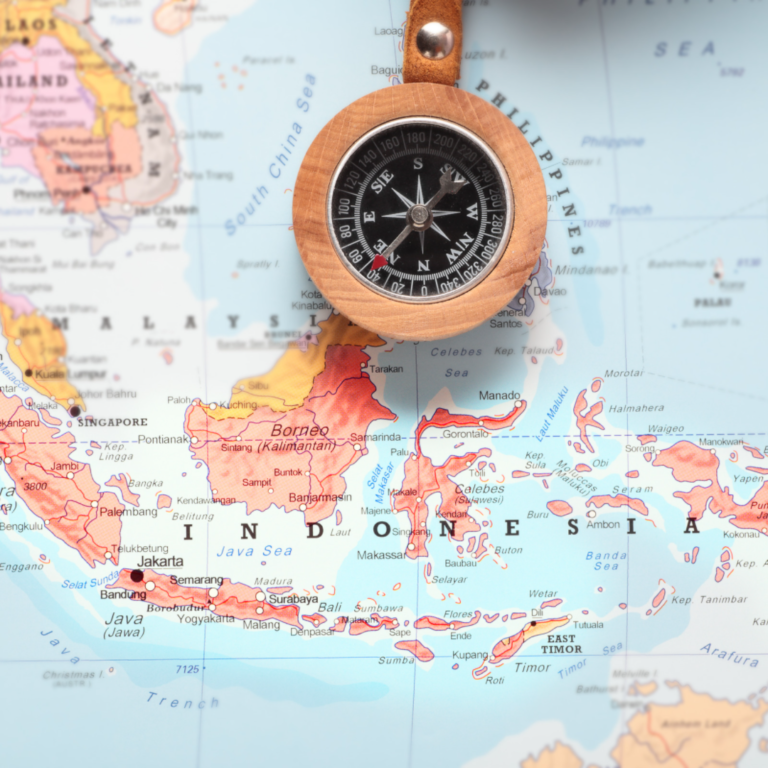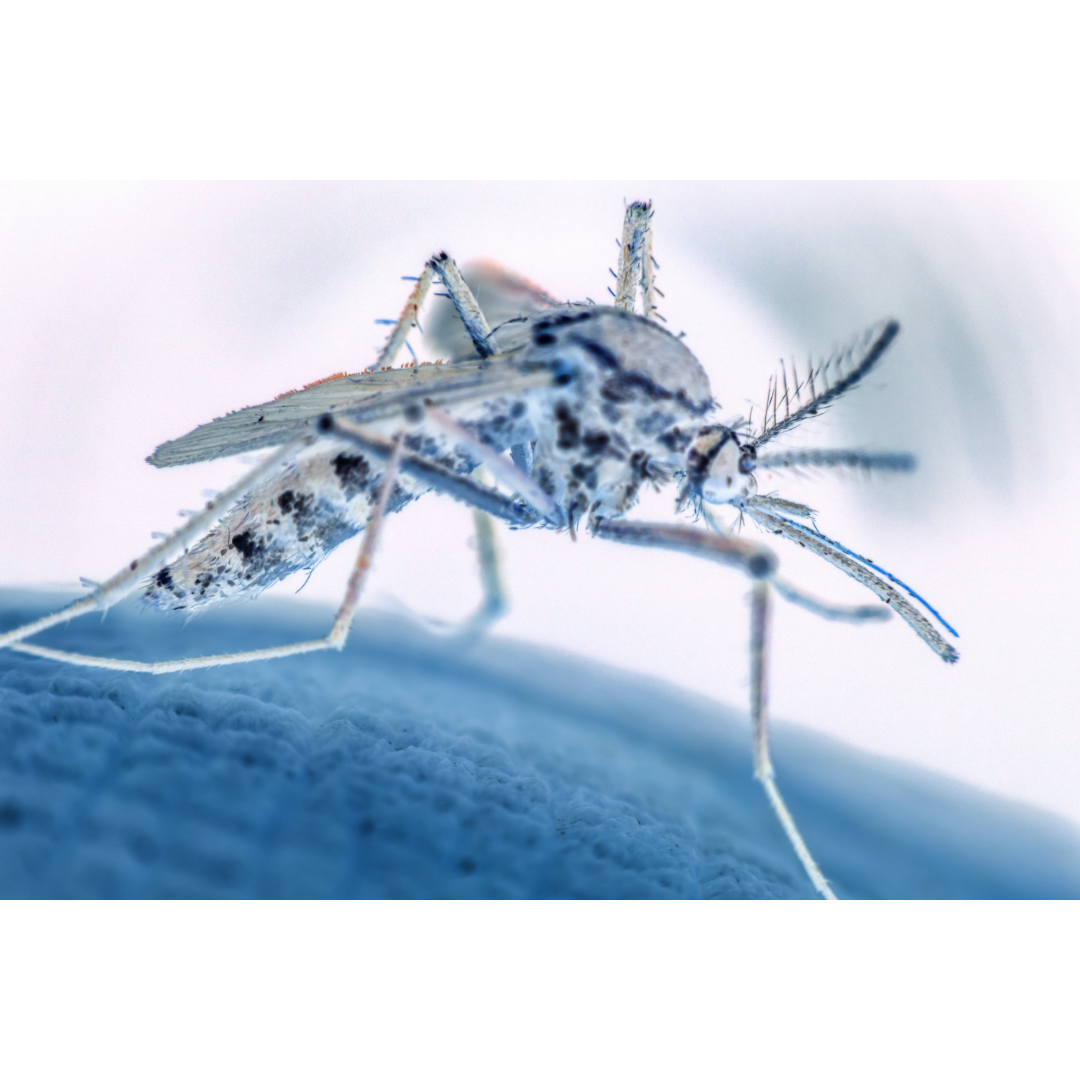Tropical areas such as South-East Asia regions are famous places that entice expatriates to go to the most. Some of the reasons why they are so attractive are their rich and unique cultures, beautiful nature, and might also be because the living cost in the country may be cheaper. However, even though traveling or moving into such a wonderful tropical island is so appealing, how can some expatriates get incredibly nervous about going there?
According to WHO, tropical areas are places where people are at risk of getting diseases such as Malaria and Dengue. Dengue is the most common one, and then Malaria comes to follow. Furthermore, WHO even stated that Dengue had been identified as one of the most dangerous diseases globally.
“How come a little mosquito able to transmit such deadly disease?”
Before you panic, you need to understand that not all mosquitos can transmit diseases. In their article, the Center for Disease Control and Prevention (CDC) stated that only infective female Anopheles mosquitoes could transmit. The way it works, a mosquito will take meal blood from an infected person. There will be a small amount of blood that contains microscopic parasites. Then the parasites will mix with the mosquito’s saliva for about a week, resulting in the mosquito becoming dangerous.
Unfortunately, because Malaria is a complex organism and there are continual changes in human immune systems, there is still no vaccine to prevent Malaria. The medics, however, have continued to work hard to do more research to create a vaccine that would be safe and effective for many. On a side note, there are prescription drugs that can cure and prevent these diseases. There are different types of prescription drugs and lengths of treatment depending on people’s age, where they are, whether they are pregnant or how sick they are. Fortunately, if one person happens to have Malaria or Dengue, prescription drugs are highly effective in curing the disease.
Malaria or Dengue prevention strategy
Even though there is a risk of getting these diseases in South-East Asian countries, there are ways that you can do to prevent yourself from being sick.
First and foremost is for you to consult with a doctor about what kind of prescription you may need before going to a new country. You can also meet up with a travel medicine expert for consultation. By doing this, you can get the right drug prescription that is safe, effective, and most suitable for you.
Next is mosquito/insect repellent. Mosquito repellent usually comes in spray or lotion. By putting this on when you are going outside, especially during dusk or dawn, you will prevent mosquito bites. But remember to apply them on exposed skin only. If you are wondering where to get these repellents, any clinic or even market nearby will usually be the place for you to get them.
Bed-netting is also a good idea to have in your bedroom, especially if you happen to live in a remote area. This bed-netting will protect you while you sleep at night. According to the American Academy of Family Physician (AAFP) data, bed netting and mosquito repellent help reduce Malaria by 80%.
Expatriate Insurance to save the day
Last but not least, always have expatriate insurance prepared with you in case of an emergency like Malaria or getting hospitalized from any other tropical diseases. Expatriate insurance will help you avoid the financial risk of high-cost medical treatment and even provide you with emergency medical evacuation no matter where you are in the world. If you are going to a country that is not familiar to you, the health care cost, service, quality, or even language in the country will be different from your home country.
You might be wondering, “why do I need expatriate insurance when I already have domestic healthcare insurance?”
The truth is Domestic health care insurance won’t usually cover you outside of your home country. This will increase the risk for you to pay out of pocket for expensive healthcare.
To simplify the offer, there are three primary coverage levels for Expatriate Insurance:
1. Inpatient (Hospitalization)
This level of coverage is only covered when you get admitted to a hospital. For instance, when the doctor orders you to stay in the hospital care to treat your diseases.
2. IN & OUT patient
This level will cover both in- and outpatient treatment such as consultations, hospitalizations, prescribed medications, etc.
3. IN & OUT patient + optional (dental, optic, maternity)
By choosing this comprehensive coverage, the insurance will meet your needs by giving optional benefits such as dental, optical, and maternity.
Additionally, it is crucial to consult with your broker or insurance agents regarding which type of expatriate insurance will suit you the most. You can ask for more details on what the insurance will cover, the policies, and even see the available benefits.
Worry not because no matter which country you plan to go to, you can travel with peace of mind because Aexpat will assist you through it all.
Our team will help you to find the perfect medical plan whether for travel or expatriate purposes. We will be glad to guide you in choosing the right policies. Your health is our number one priority. For further questions and information, you can contact us via email at infos@aexpat.com or visit our Instagram at @aexpat for healthcare news updates.
#tropical #diseases #malaria #dengue #health #news #prevention #care #medical #treatment #insurance #healthcare #expatriate











